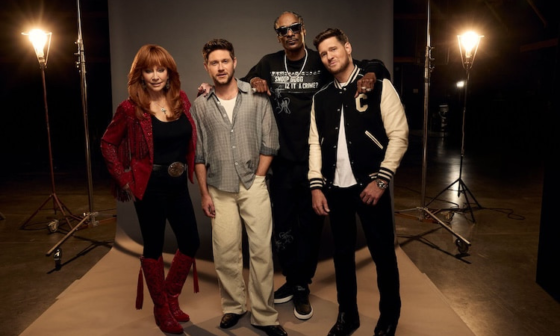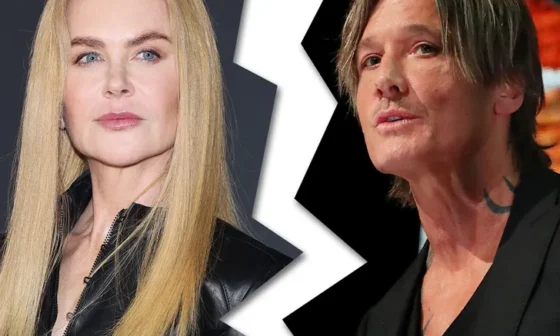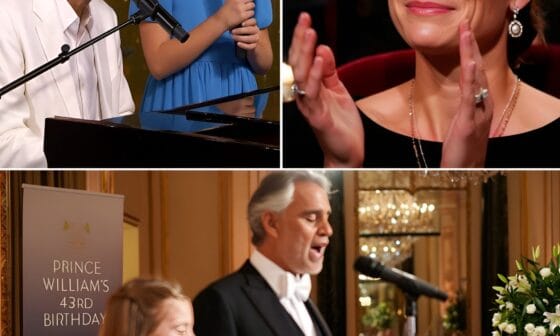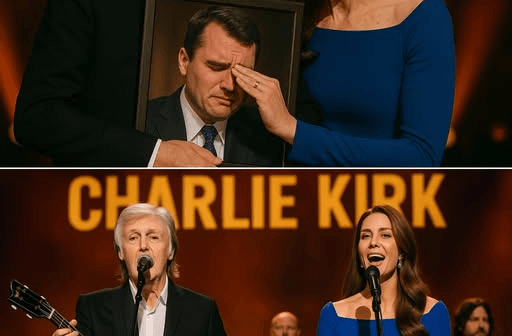When 21-year-old John Foster walked into his American Idol audition carrying two meat coolers, no one could have predicted the ripple effect it would create in the world of country music. A quiet kid from Eunice, Louisiana, Foster didn’t come with flashy credentials or viral fame. Instead, he came bearing smoked sausage, homemade boudin, and gumbo prepared by his mama—because in his words, “You never visit someone’s house empty-handed.”
The judges, Luke Bryan, Lionel Richie, and Katy Perry, were taken aback—but the real surprise came when Foster began to sing. His voice, raw with emotion and steeped in Southern tradition, didn’t just fill the room. It hushed it. Every note carried weight, every lyric felt lived-in. His performance wasn’t a spectacle—it was a statement: that country music, at its core, is still about truth, heartache, and home.
Foster introduced himself as “John Foster,” but his full name—John Foster Benoit—carries deep roots in Cajun country. A name that, back home, speaks to generations of faith, food, and family. “My grandpa used to say a man’s name means more than his money,” Foster later said. “I’m singing for him, too.” That sense of legacy was evident in every line he sang, and it brought the judges to a standstill.
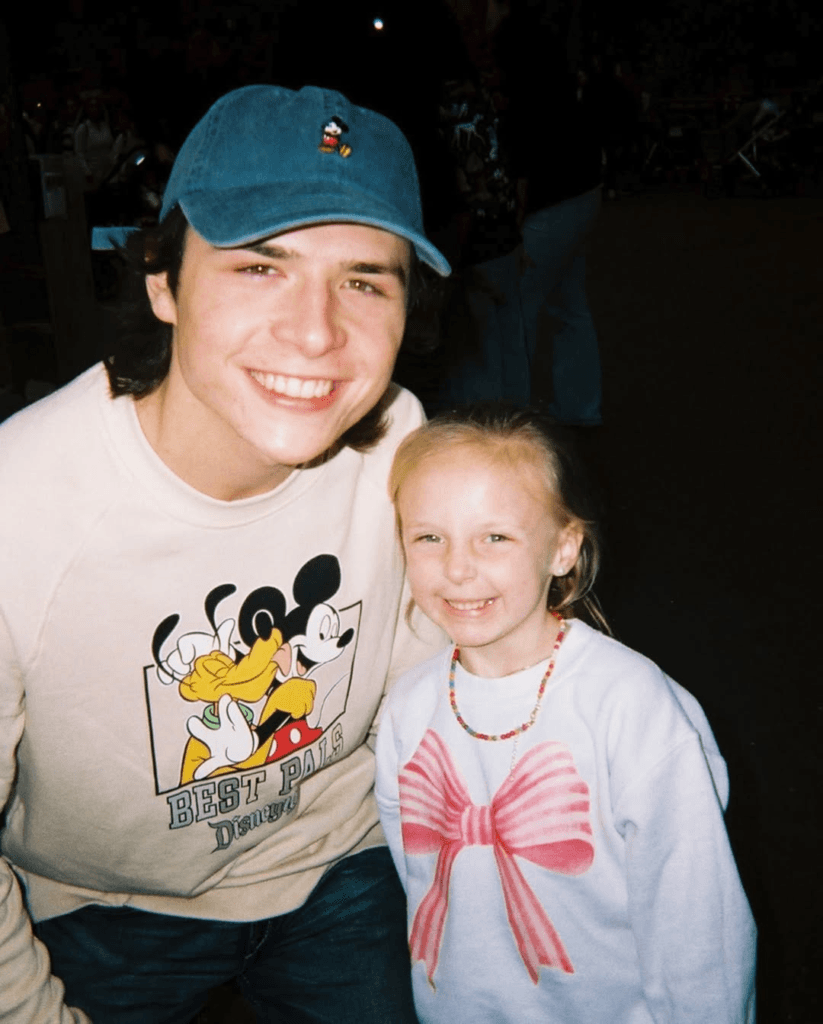
Luke Bryan was the first to react, standing up and declaring, “You just reminded America what country music is supposed to be.” Katy Perry wiped away tears. Lionel Richie leaned forward, visibly moved. It was a moment that didn’t rely on production or polish—it was one young man singing his truth in front of the nation.
Social media erupted almost instantly. Fans posted clips of the audition with captions like “This gave me chills,” and “Finally, real country again.” Within hours, his name was trending on TikTok and country music forums, with listeners comparing him to legends like Randy Travis and Keith Whitley—not for imitation, but for spirit.
But perhaps the most powerful reaction came from everyday Americans who felt seen by his story. People who grew up on church pews, crawfish boils, and family guitar jams. People tired of country music chasing pop trends instead of its roots. Foster didn’t just earn a golden ticket—he ignited a conversation about what the genre has lost, and what it might still become.
As the season continued, word spread that Foster remained the same off-camera as he was in his audition: kind, humble, always offering gumbo and encouragement. “I’m not trying to be the next anything,” he told producers backstage. “I just want to be the best version of myself.” That version, it seems, may be exactly what country music has been waiting for.
John Foster’s audition didn’t just go viral—it struck a nerve. In a world craving authenticity, his simple, soulful offering reminded us why country music matters. And whether or not he wins the Idol crown, he’s already won something bigger: the hearts of a country ready to believe again.

